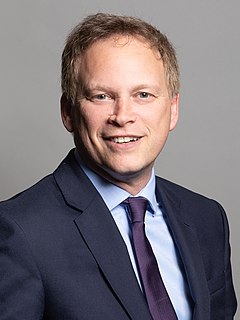A Quote by William Graham Sumner
It is the tendency of the social burdens to crush out the middle class, and to force society into an organization of only two classes, one at each social extreme.
Related Quotes
We are social animals and we have a hierarachical and unequal society. It is a class society, and the class system creates and perpetuates the social role of consumption. We display our class membership and solidify our class positioning in large part through money, through what we have. Consumption is a way of verifying what you have and earn.
...it was always our view that in order to attain this [proletarian revolution] and the other far more important aims of the future social revolution, the working class must first take possession of the organised political power of the state and by its aid crush the resistance of the capitalist class and organise society anew.
The State did not originate in any form of social agreement, or with any disinterested view of promoting order and justice. Far otherwise. The State originated in conquest and confiscation, as a device for maintaining the stratification of society permanently into two classes-an owning and exploiting class, relatively small, and a propertyless dependent class. . . . No State known to history originated in any other manner, or for any other purpose than to enable the continuous economic exploitation of one class by another.
We destroy the most hallowed of relations, when we replace home education by social.And your education! Is not that also social, and determined by the social conditions under which you educate, by the intervention, direct or indirect, of society, by means of schools, etc.? The Communists have not invented the intervention of society in education; they do but seek to alter the character of that intervention, and to rescue education from the influence of the ruling class.
The society which we have built can in no way be termed "state socialism."The social organization which we have created can be termed a Soviet, socialist organization which has not yet been quite completed, but is in its root a socialist organization of society. The foundation of this society is public ownership.
There is a close connection between socio-political development, the struggle between social classes and the history of ideologies. In general, intellectual movements closely reflect the trends of economic developments. In communal society, where there are virtually no class divisions, man's productive activities on outlook and culture is less discernible. Account must be taken of the psychology of conflicting classes.



































